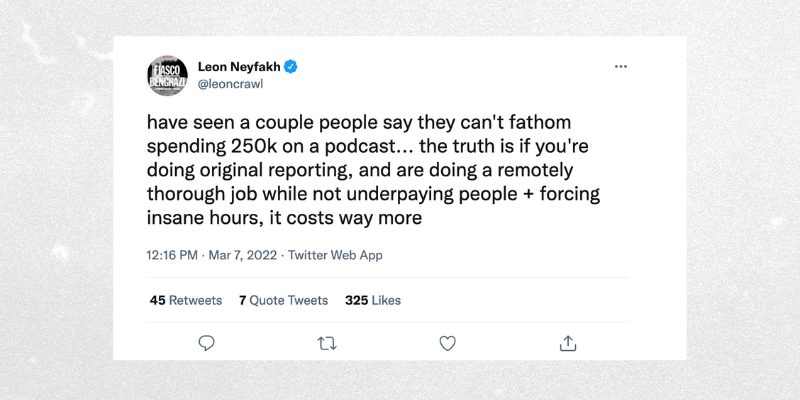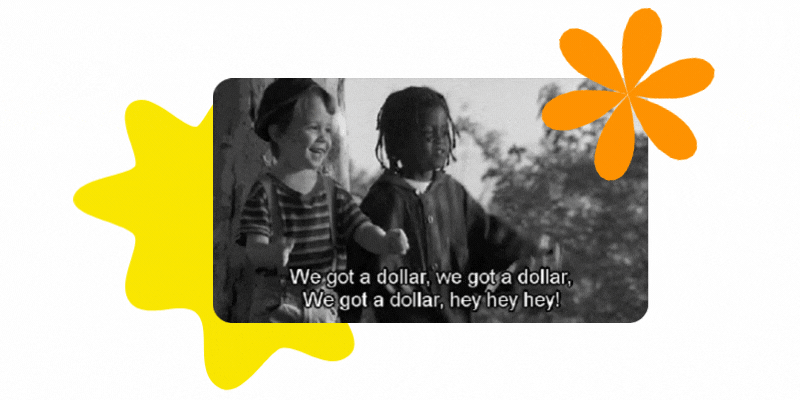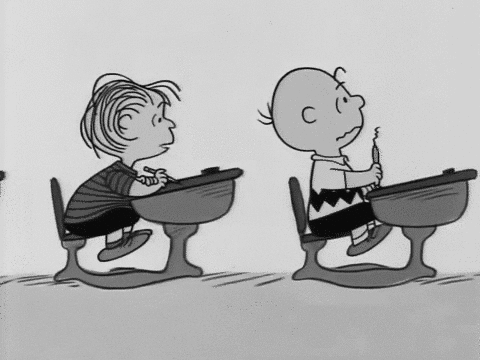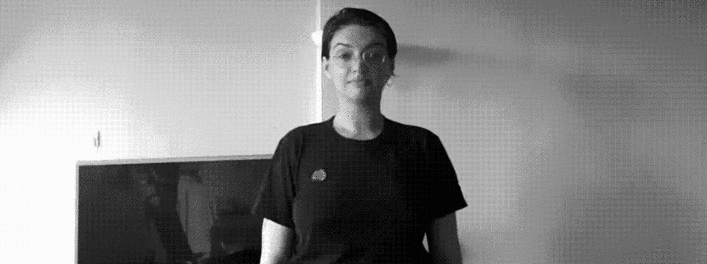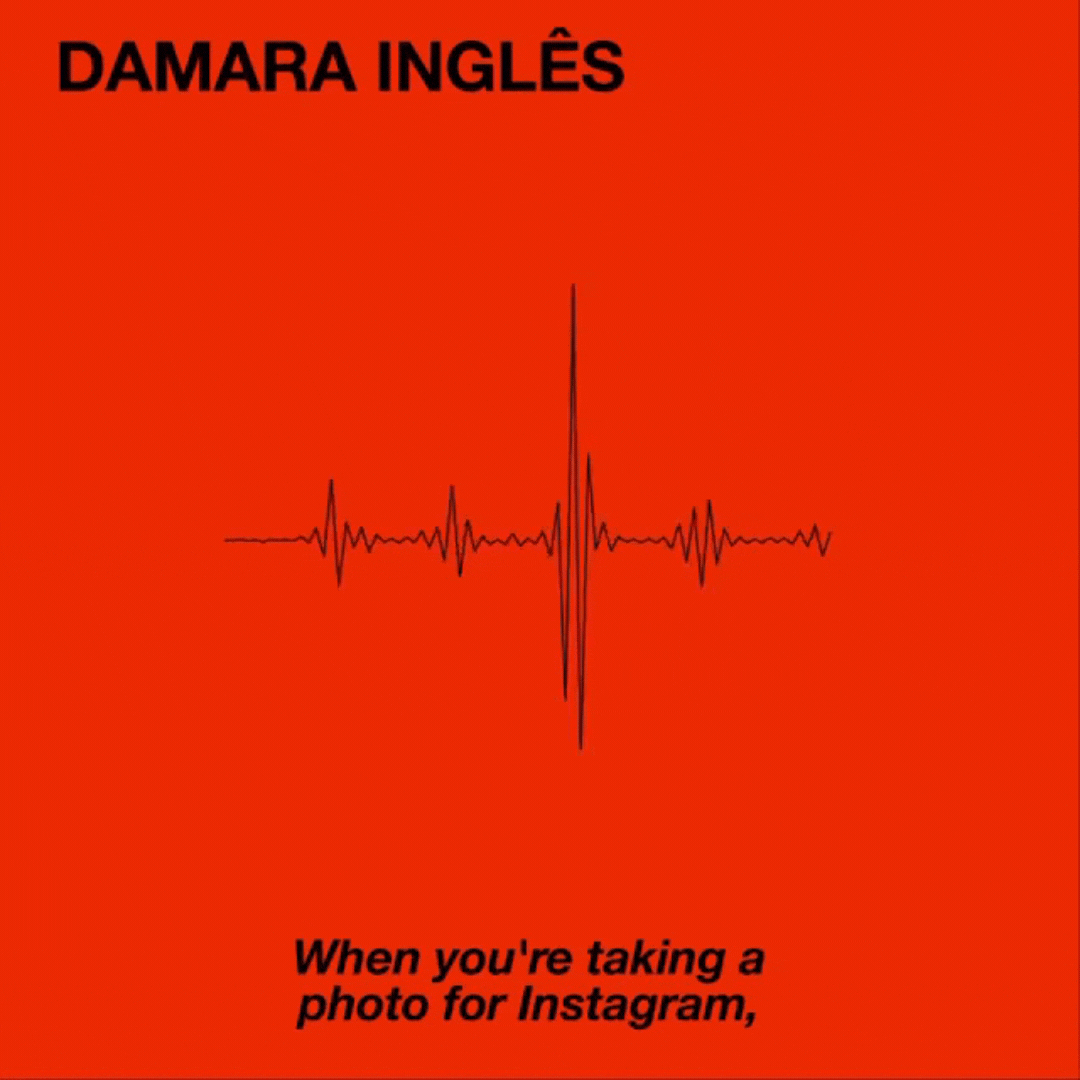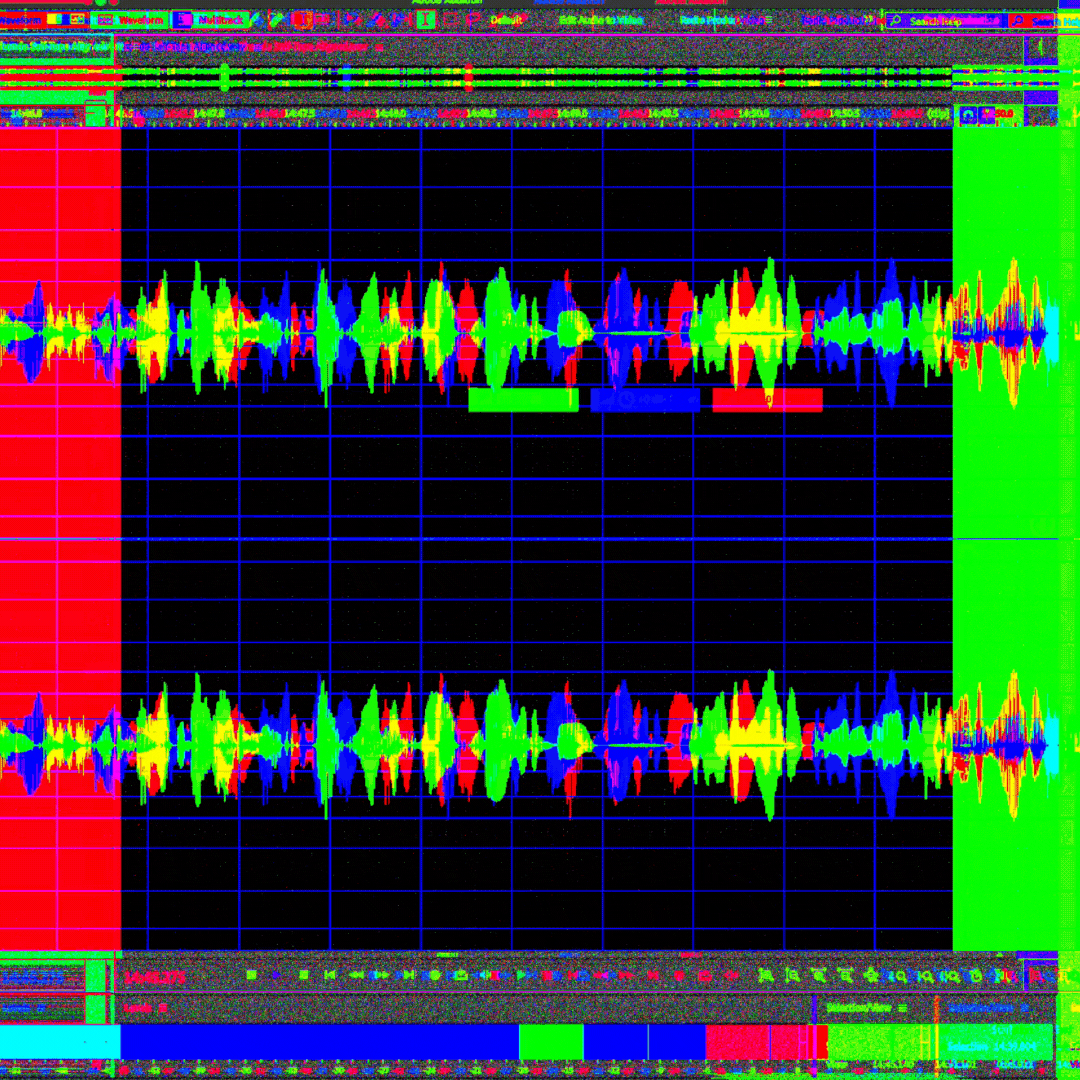What Is A Podcast Worth?
We publish Vocal Fridays every week, straight to your inbox.
Subscribe below to get it straight outta the frying pan!
Today’s newsletter needs a little disclaimer. Most people who know me tend to describe me as sunny and optimistic. When I was fresh out of undergrad and interning for the incredible music publicist, Jane Harbury, she used to call me a “little pollyanna.” I am good at finding the bright side in a bad situation and yes, that means I’m also working on my toxic positivity tendencies.
For some reason — I cannot put a finger on why — everything I write today is just a little bit acidic. Maybe it’s because a few too many of the job postings I’ve come across pay less than a living wage, and that bums me out!
Inclusion in this newsletter does not mean condoning the salary. Some of these jobs are aimed at students and recent graduates, and I reject the idea that students and recent graduates deserve less than a living wage. These positions offer really interesting opportunities — especially the summer reporter internships with the Investigative Journalism Foundation, which hasn’t actually launched yet. That said, opportunities alone don’t cover the cost of rent. For students and new grads who are applying to these jobs, they’re a great place to start — but I also hope you know that you can (and should) expect and ask for salaries that actually cover your cost of living once you move on from them.
Which brings me to an article that caught my attention this week. Reggie Ugwu wrote an article for the New York Times about how independent podcast production companies (waves hand) function within the Big Tech landscape. He starts off by talking about Fiasco, the show produced by Leon Neyfakh’s company, Prologue Projects, for the subscription-based podcast platform, Luminary.
Neyfakh produced the first few seasons of Slow Burn for Slate. I loved those first two seasons, which were about Watergate and Bill Clinton’s impeachment. I think about that very first episode about Martha Mitchell all the time.
Seasons 1 to 4 of Fiasco were produced for Luminary, which means they were only available for Luminary subscribers. As Ugwu reports in the article, Luminary did not renew them for season 5, which meant Neyfakh had a decision to make: produce the fifth season for a wider audience and rely on advertising dollars, or find a new subscription-based platform.
My initial reaction to this kind of question was — why would you ever produce a podcast that can’t be heard by the widest possible audience? But this passage made me reconsider:
“But making ‘Slow Burn’ available free for listeners had come at a price. Neyfakh said he and the show’s only other full-time producer during its first two seasons, Andrew Parsons (now Neyfakh’s co-founder at Prologue), regularly pulled all-nighters and worked weekends. He said the show’s publisher, the Slate Group, told him that Slow Burn wasn’t earning enough from advertising to pay for more staff."
To me, this speaks to a larger issue in the industry; perhaps, the fight for the soul of podcasting. Do podcasts' value lie in their capacity to sell advertising dollars, or are we doing something else here?
Because the truth is, in most cases, podcasts will not drive enough revenue to cover the cost of making a high-quality show. There can only be one Serial, and it already exists. It had its moment eight years ago.
You can do the math on the Patreon for You’re Wrong About: at 25,562 patrons and a lowest tier of $3/month, the absolute minimum amount they bring in is $76,686/month, or $920,232/year. Since Michael Hobbes left, it’s only Sarah Marshall hosting/producing the show — I’m not even sure if they have an editor. That is a podcast that generates more revenue than it costs to make it!
But, as Leon Neyfakh pointed out on Twitter after the NYT article came out, to produce an investigative podcast would cost well over $250,000 — an amount that might seem shocking to some people. When you factor in the labour and costs that go into investigations, plus the labour and costs that go into good audio production, either it’s going to cost a lot of money, or you’ll have a team of people stretched too thin, doing too many jobs, working themselves into the ground.
For the most part, it’s almost impossible for podcasts that are getting made today to become a hit in the way that a podcast like Serial was. Bloomberg published an article back in January about how podcasting hasn’t produced a new hit in years, which is partially to do with the absolute glut of podcasts getting made today. So yes — advertising dollars will rarely be enough to cover the cost of production, and if ad revenue is the reason to make a podcast, you will be disappointed.
But the value of a podcast is worth more than its potential for revenue. If it’s an investigation, then you have a well-suited medium to tell an important story to a wide audience. If it’s a branded podcast, you have a medium to get your message across in an elegant way. The intimate nature inherent to podcasts builds trust with the audience; while they require their own audience development, they can also function as part of a larger audience development strategy.
My point is less about what that NYT article was talking about — but please do go and read it. To bring it back home to salaries not meeting the cost of living, I think that the problem with having unrealistic — and perhaps misplaced — expectations around what a product can do, that’s when projects end up being under-resourced, like the aforementioned Slow Burn.
Anyway. My point is: I think everyone deserves to earn a living wage. There I go again with the toxic positivity!
One more thing: you know how we give you an update on producers’ pets at the end of every newsletter? Well, if your pet has been waiting for their moment in the spotlight, now’s their time to shine — we are now accepting submissions for pet photos to feature in Vocal Fridays! Send your gorgeous corgis, your tenacious tabbies, your gregarious guinea pigs to info@vocalfrystudios.com
Here’s a good part-time position for people with experience in project management who want to get into podcasting: JAR Audio in British Columbia is hiring a part-time, fully remote project lead. At 20 hours a week, the salary is $35,000.
And if you’re already an experienced podcast producer, JAR Audio is also hiring an executive producer, and the posted salary is $100,000.
The Toronto Star is hiring a digital producer! This is a 6-month contract, and includes night and weekend shifts.
The Toronto Star is also still hiring for the next cohort of radio room staffers. This is a paid position for current post-secondary students.
Rogers Sports and Media is hiring a part-time producer for Sportsnet Audio based out of Toronto.
Now hiring: wretched multimedia journalist chimera.
PostMedia is hiring a full-time “reporter” in Regina, and I put reporter in quotes because the job description includes leading video production, helping shape overall digital strategy, and reporting/writing stories for web and print. That sounds to me like two senior management jobs and one reporting job, which must mean it pays at least six figures, right? It also lists “experience with Final Cut Pro and Audacity” as part of the job requirements. We can argue about whether to use Audition vs. ProTools ‘til the cows come home, but if you are a national media outlet that relies on Audacity, I simply do not know what to tell you.
(Do I need to stop writing the newsletter on days that I’m feeling angsty? Perhaps.)
PostMedia is also hiring business and real estate reporters for the Financial Post. These are both full-time, union positions based in Toronto. Thankfully, these positions appear to actually be one job each.
Bell Media is hiring a segment producer for Your Morning. This job is based in Toronto, and you can apply until March 21.
Transmitter Media is hiring a full-time producer for interview/conversation shows. This is a New York-based position, and the salary is $80,000-$85,000 with a full benefits package. You’d be working on shows for TED!
CKDU, the campus radio station in Halifax, is hiring an operations director. Applications are due by noon AST on March 24. I post this with the caveat that the salary is below the living wage for Halifax: it pays $31,033.60 annually for 32 hours a week. The Canadian Centre for Policy Alternatives published a report on living wages for Nova Scotia in 2021. In Halifax, that rate was $22.05/hour, which works out to $36,691.20 annually at 32 hours a week.
Paging students! Paging editors at campus newspapers! Paging early career journalists and freelancers! The Investigative Journalism Foundation is hiring summer reporters for an internship to help launch their public interest databases. These are full-time roles and you can be based anywhere in Canada. It pays $10,000 for 16 weeks, which, again, is below the living wage for many places in Canada.
And here’s your CBC roundup:
CBC Manitoba is hiring a permanent, full-time news editor presenter, radio based in Winnipeg. Apply by EOD March 22.
CBC Radio is hiring a permanent, full-time senior producer for World Report. Apply by EOD March 23.
CBC is hiring a permanent, full-time line up producer for the supper hour newscasts in Yellowknife. Apply by EOD March 17.
CBC Syndicated Audio is hiring a permanent, full-time business reporter/editor assigned to morning local radio programs. This position can be based in either Toronto or Calgary, though it begins at 5:15 ET which is the literal middle of the night in Calgary. Apply by EOD March 15.
CBC Podcasts is hiring a permanent, full-time senior manager, audience building. Apply by EOD March 15.
CBC Podcasts is hiring a permanent, full-time executive producer, production and sound design. Apply by EOD March 15.
You have until 5 p.m. on March 18 to apply for this round of the CAJ mentorship program! That’s next Friday, which means this is the last reminder you’ll get from me!
There was a whole Twitter kerfuffle around whether journalists need to have a personal brand. You know who definitely needs a personal brand? Freelancers! As I have previously stated, my personal brand is toxic positivity.*
Elizabeth Spiers wrote an article that I think gets at the crux of the argument. First of all, she explains what went down, so if you have no idea what I’m talking about, this will help. Secondly, she reinforces that, as journalists in an increasingly volatile media landscape (see: the above screed), your brand is what keeps you employed.
*This is a joke. My personal brand is being delightful in a non-toxic way.
A very happy belated International Women’s Day to us all. For me, every day is International Women’s Day, because I cannot hear the frequency of cis men’s voices.*
*I kid, I kid, some of my best friends are men! Dudes rock
The producers at Vocal Fry rounded up some of our favourite podcasts hosted and/or produced by women. We included shows like The Backbench, Science Vs., The Cut, and All My Relations — among others — so there’s a little something for everyone.
This week, I pulled a muscle in my collarbone by going a little too hard on a neck stretch. It was quite painful and I felt very silly about it. I won’t speak for all producers — especially those who have more ergonomic setups — but editing audio can be hard on my body. It’s a lot of very precise mouse movements!
Lucky for me, Vocal Fry producer Ren Bangert, who is also a certified yoga instructor, wrote about yoga-inspired stretches podcasters can do to help stay loosey goosey so we can edit with ease for years to come.
We’ve launched a new podcast, Think Beyond! Have you ever wondered about the people, trends and forces shaping our future? From what we eat and what we wear to what we believe, our world is in a constant state of flux, which makes our current predictions about the future far from accurate.
Co-hosted by Cat Wiles, Chief Strategy Officer at Cossette, Canada’s largest integrated creative agency, and Tracey Follows, Futurist, Speaker and Author of The Future of You, Think Beyond is a podcast that reframes the way we think about our current reality, so we can re-evaluate the way we envision our collective future—today, tomorrow and beyond.
And, on this week’s episode of Building Good, Luka Matutinovic of Purpose Building joins host Jen Hancock to talk about why the construction industry needs to address the issue of embodied carbon if the industry is going to make it to net-zero by 2050.
We want to hear from you! What are you looking for in your podcast news? Let us know on Twitter, Instagram, or by email at info@vocalfrystudios.com.
Thanks to Emily Latimer for editing this newsletter, and to Katie Jensen for designing it.
We’ll see you again on March 18. Until then, here’s an update from producer Jay Cockburn’s cat, Leo, who sabotages recordings.
